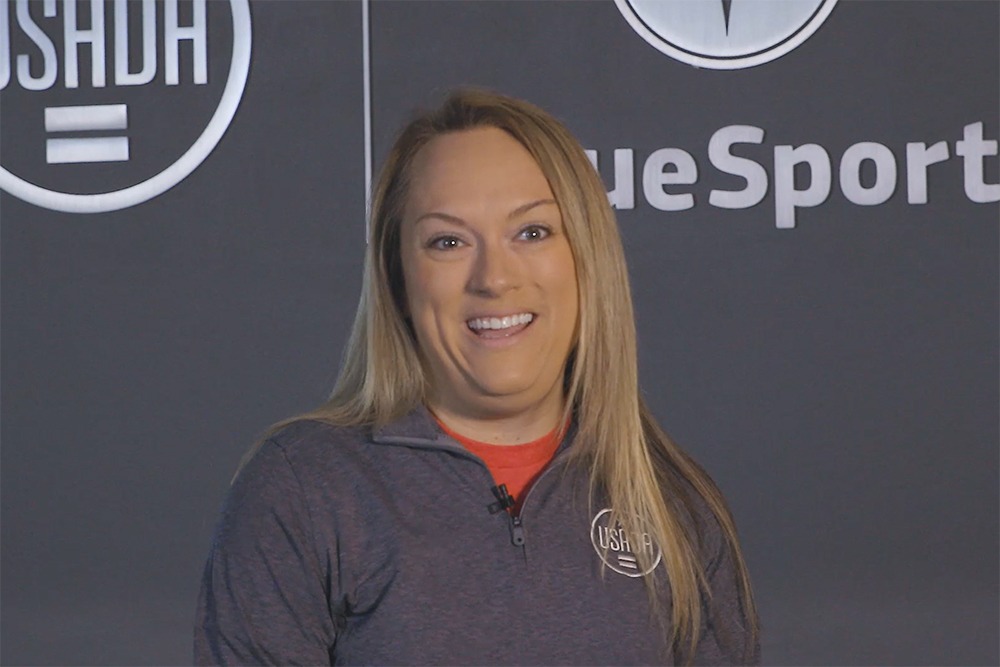
Meet Carissa Gump: Olympian and Anti-Doping Education Athlete Presenter
Carissa Gump is working to ensure a level playing field for the next generation of athletes by serving as an Anti-Doping Education Athlete Presenter for USADA.
U.S. Anti-Doping Agency (USADA)
Click here to log in to the
Athlete Connect application
Click here to view your
test history and results

Carissa Gump is working to ensure a level playing field for the next generation of athletes by serving as an Anti-Doping Education Athlete Presenter for USADA.

We explain who qualifies as a recreational athlete, as well as the accompanying requirements and responsibilities.
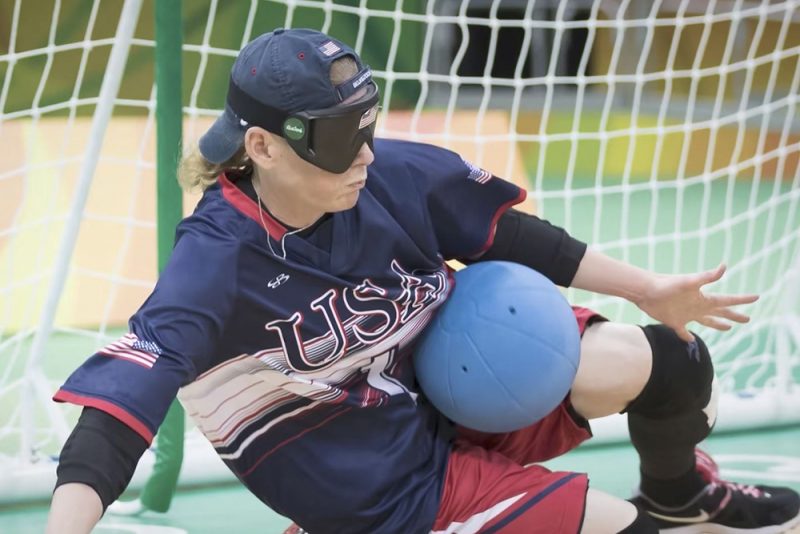
Paralympian Jen Armbruster joins USADA to help educate the current generation of athletes about why it matters to compete the right way.
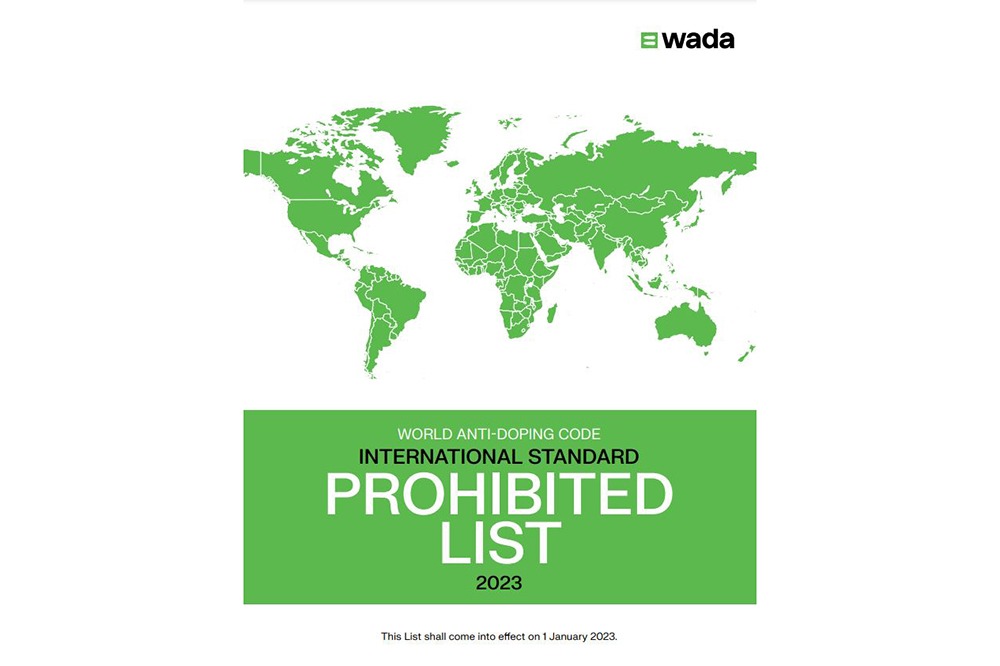
An explanation of key changes to the 2023 WADA Prohibited List, which identifies substances and methods that are prohibited in sport.

Olympian Derrick Adkins joins USADA to help educate the current generation of athletes about why it matters to compete the right way.
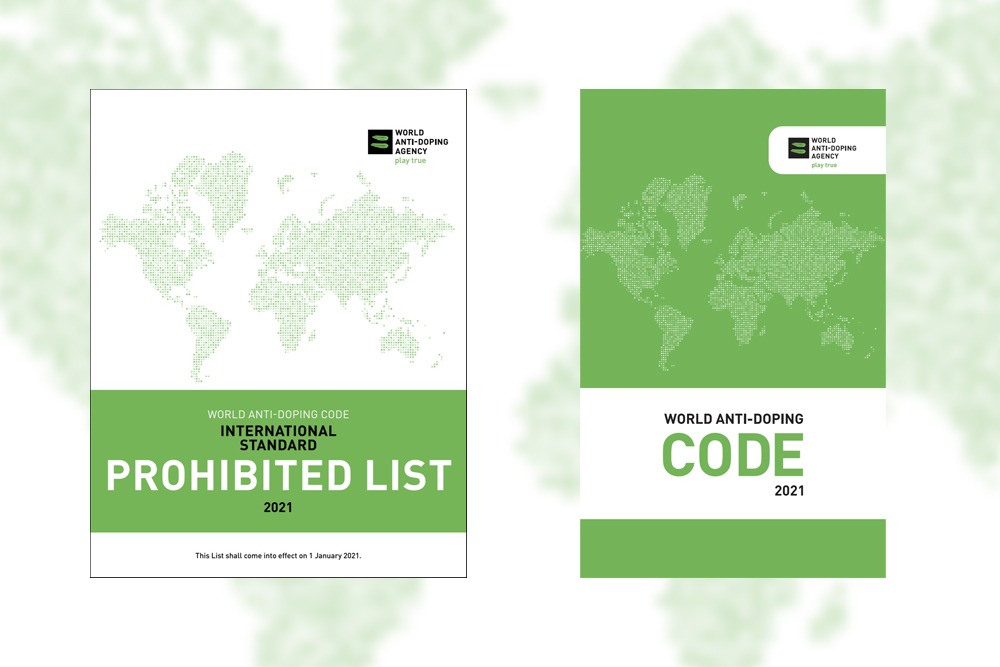
Athlete are advised that the 2021 WADA Prohibited List and the 2021 World Anti-Doping Code are now in effect.
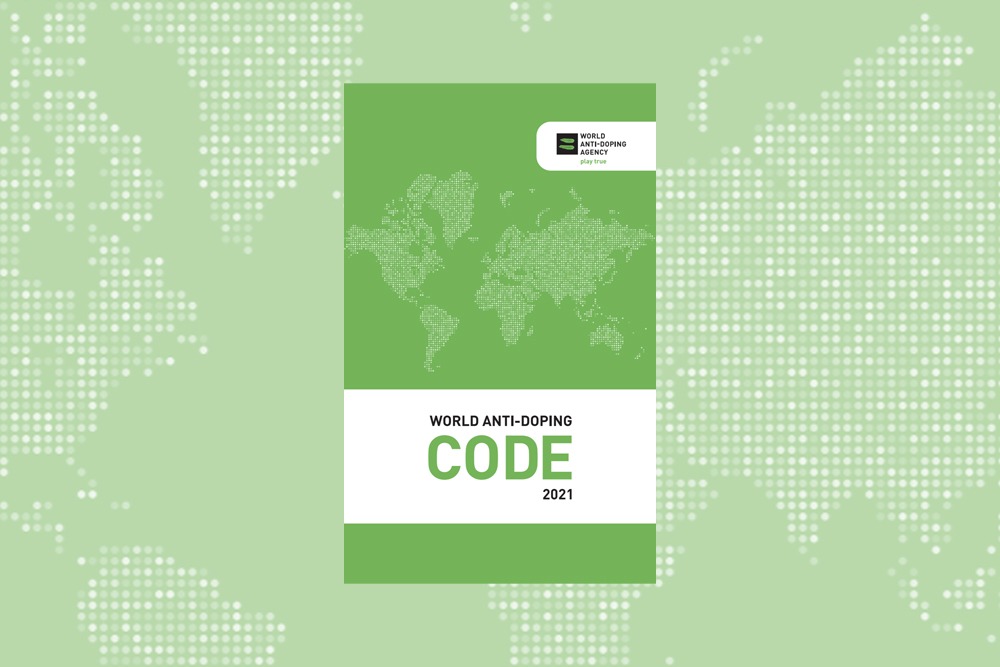
While there are many changes reflected in the 2021 WADA Code, here are some of the key changes that athletes should be aware of below.

Bronze medalist in figure skating Nathan Chen shares his top 10 vitamin-packed foods for a strong day of training and competition.
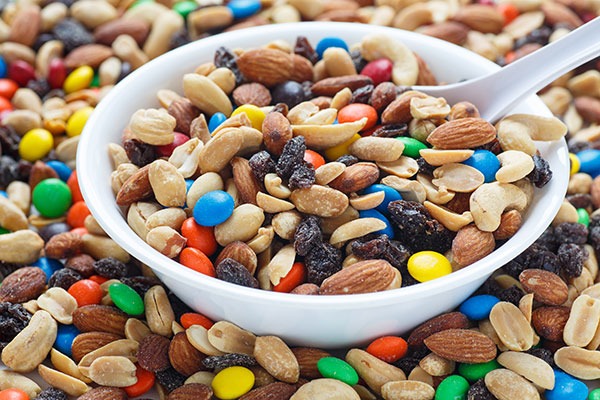
World record holder and swimmer Regan Smith shares the snacks she chooses to fuel her workouts and achieve her best performance physically and mentally.
To better understand how you use our websites and services and to offer you a personalized experience, this website uses first and third-party cookies and tracking technologies deployed by us and our third-party partners. You can opt-out of personalization, analytics and online tracking by clicking “Reject” or managing your cookie preferences through “Customize.” By using our website, you agree to our website Terms of Use (including the class action waiver and arbitration provisions) and Privacy Policy, which have recently changed.
This is an necessary category.